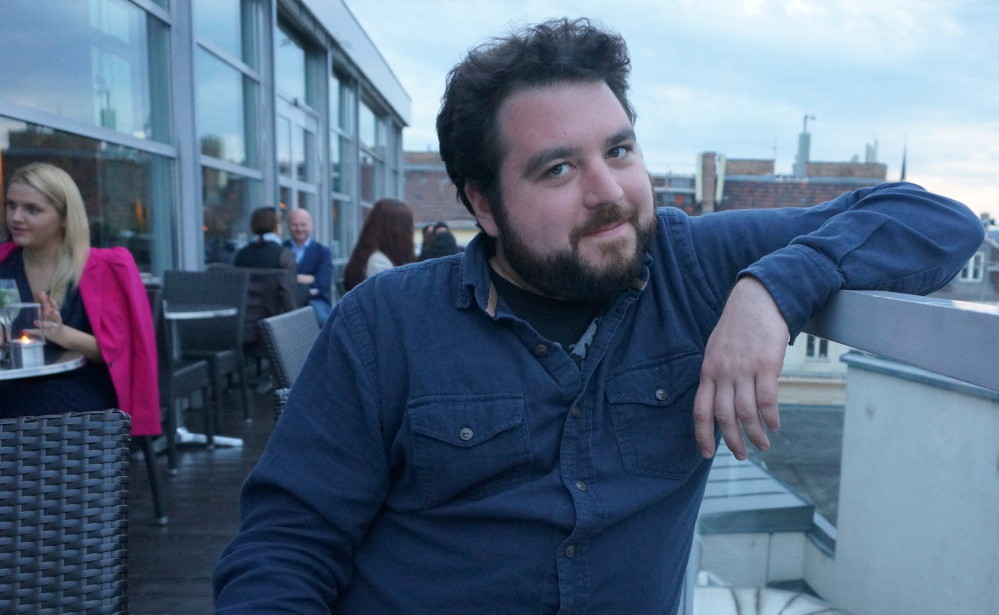As I introduced in my first column, my dad taught me how to play chess when I was 10 years old. By the time I was 11, I was running a local chess club and by 12 years old I was competing in USCF tournaments, sometimes winning hundreds or thousands of dollars in prize money.
It was that first chess club in the 6th grade that taught me my first lesson about community. And this lesson can apply to community building today.
Initially, I didn’t have anyone other than my dad to play chess with. I didn’t have a chess computer or the Internet so I could only play chess against a real life opponent in the same room.
Then one weekend I taught a few of my friends to play chess while taking a break from playing Nintendo. Great, I thought, but I wanted to play chess every day if I could. What would we need to play chess every day?
First there’s logistics: I needed a room, some place my friends and I could hang out and play chess. I went to my teacher, Mr. Murray, and asked him if there was anywhere at school we could meet for a chess club after class. He thought it over for a moment and said no, after class wasn’t an option. But before class in the morning could work. He often arrived a couple hours early on Thursdays to grade papers, and if we wanted to meet in the morning we could play chess while he graded.
That first meeting of “The Cabrini Middle School Chess Club” was not what I had initially imagined. Three of us showed up that morning, which made it less interesting for the third kid watching the other two play as we rotated games. But our club was up and running and it all started with the space: a donated space from a mentor, really, but I think the lesson here is that I just asked for help, any ideas, and suddenly we had a free and donated space.
The next step was to get more kids to come to play chess. So each of us took on a mission: bring one friend to next week’s meeting. Suddenly we doubled the size of our group, and then doubled again.
A month into our Chess Club we had a new problem: we didn’t have enough chess sets!
My takeaway from my 6th grade chess experience is this: community starts with you. If you’re passionate about something, chances are others are passionate about that too – or will be after you teach them how to play.
Finding a space to meet, our classroom before school started, gave us more than a room. It legitimized our group. Where we initially had nothing, we now had a dedicated time and a place every week to meet and play chess. And with some word of mouth and a little coercion, we grew our group to capacity.
Community starts somewhere, why not with you? Build your own new network. Find a space, host an event. It will likely be very small that first attempt but with consistency and group engagement it will grow exponentially. Even if you had to teach your friends to play chess before you start your chess club!

